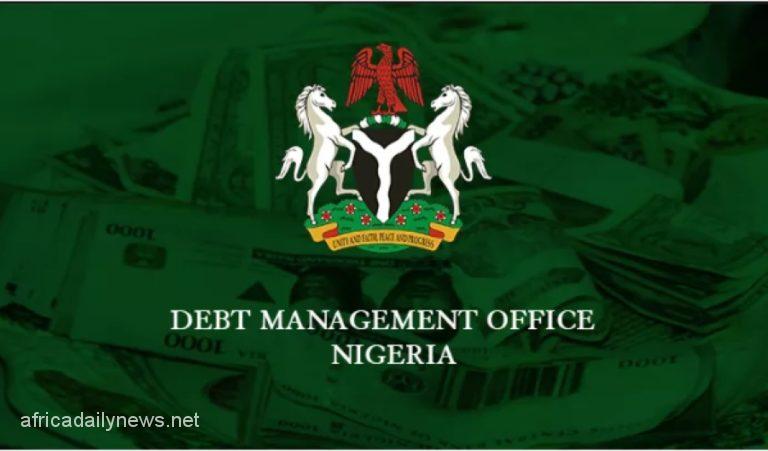While reacting to the worldwide backlash about their rising spate of debt clearances, the Debt Management Office (DMO) has debunked news about Nigeria disregarding the laid down World Bank Disclosure Rule and borrowing loans.
The federal agency which is led by Patience Oniha had issued a straight rebuttal on Thursday. The DMO had also revealed that it was not true that the World Bank blamed Nigeria on the disclosure rule.
Read Also: 36 State Governors Pray Court To Stop $418m Paris Club Debt
Media reports accuse the Nigerian government of failing to publish its Annual Borrowing Plans (ABP). But the DMO said the country observes the principle of transparency in public debt.
The office said its website contains information on public debt, debt by source, instrument, maturity, management strategy and sustainability analysis. The statement noted that Nigeria’s annual borrowing plans were usually contained in the annual budgets.
“The total borrowings are listed in three categories – new domestic borrowings; new external borrowings and draw down bilateral and multilateral loans.
“The public debt stock is published quarterly on the DMO’s website. This is supported by periodic physical and virtual media briefing sessions”, it reads.
The office added that borrowing instruments for external and internal debts are also published in the quarterly debt reports and annual reports.
At the end of 2021, the DMO put the nation’s total debt stock at ₦39.6trillion. It increased to ₦41.6trillion as of March 31, 2022.
In another report, the 36 State Governors had prayed a Federal High Court in Abuja to restrain the Federal Government from approving the deduction of any money accruing to the states from the Federation Account for the payment of 418 million dollars judgment debt.
The Attorneys-General of the 36 states made this prayer known in a motion on notice marked: FHC/ABJ/CS/1313/2021 dated and filed on March 28 before Justice Inyang Ekwo.
They prayed the court to restrain the respondents from proceeding with its judgment delivered on March 25 pending the hearing and determination of the appeal at the appellant court.
The application was brought pursuant to Order 32 Rule 1 and Order 56 Rule 8 of the Federal High Court Civil Procedure Rules 2019; Sections 120 and 162 of the 1999 Constitution (as amended) and under the inherent jurisdiction of the court.
The 36 AGs had sued the president, Attorney-General of the Federation (AGF), Accountant-General of the Federation, Ministry of Finance and Central Bank of Nigeria (CBN).










